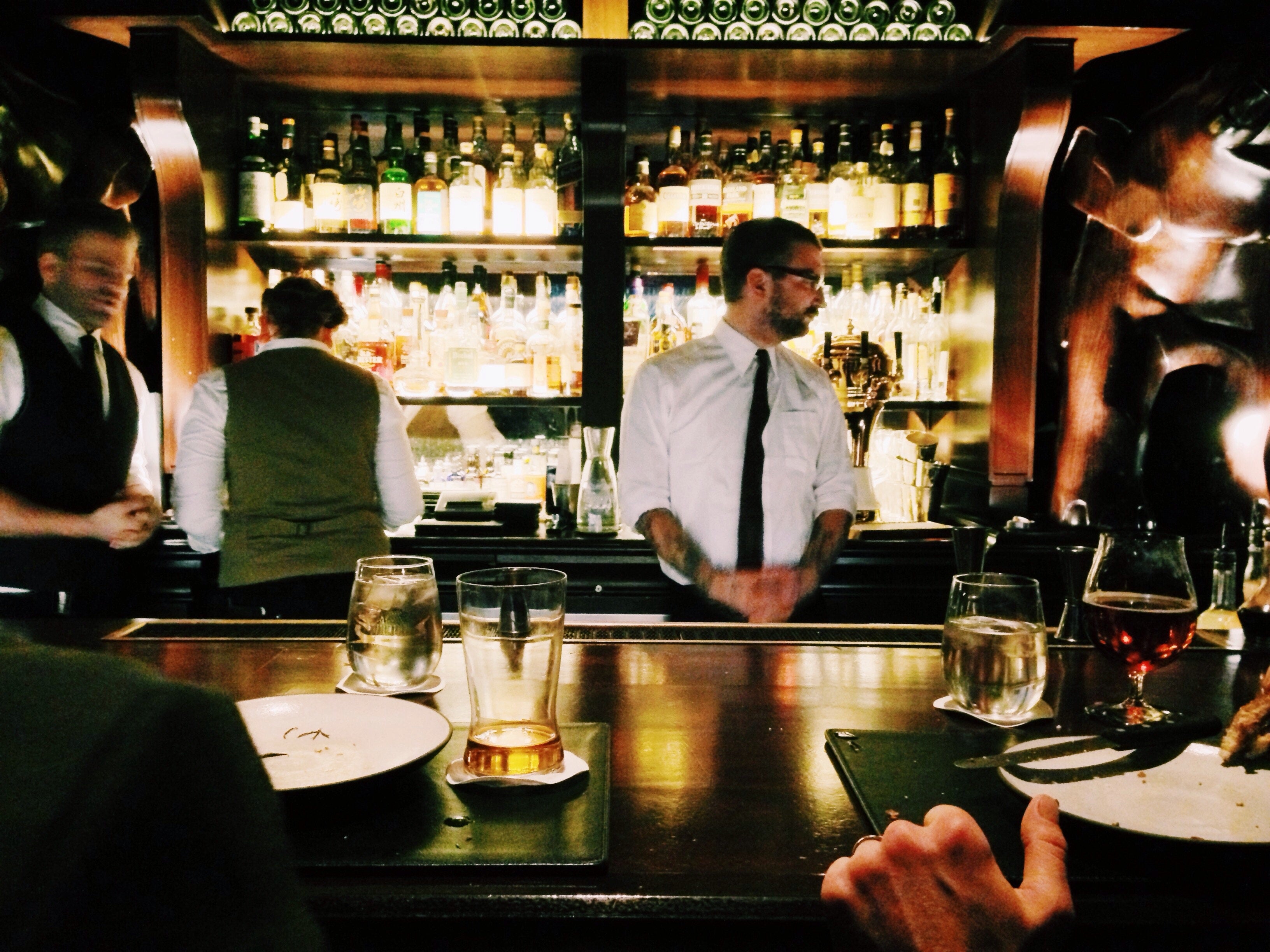Hi Pauline. Tell us about the feeling in your industry now?
"Sustainability is something that people are trying to embed in their dynamics and business, whereas much more before it was a bit of an add-on. In the independent festival industry, there is a big movement initiated by Vision 2025 which is a pledge that 500 festivals have taken to reduce their environmental impact by 50% in 2025.
"A lot of the current information and guidelines surrounding energy, waste, transport and water comes from reports that Vision releases every five years. So there have been pioneering ideas in the last 10 to 15 years in the festival industry but I think what has really emerged is an emergency feeling – that people need to act now."
But the pandemic was so economically hard for the events industry – has sustainability lost some momentum?
"In spite of the pandemic, I’ve seen a shift – people are trying their best to make it happen, despite the economic difficulties. We can sense a real desire for people to try their best with what they have and where they’re at right now and that’s been quite inspiring."
What is an outcome of this new focus?
"Now we have consensus across all the axes of the music industry – from managers to agents, to event organisers and completion companies. We’ve seen big pledges being taken by different organisations in different areas, and now they’re acting and discussing ideas together.
"No one is looking at solutions as being a festival or agent problem, or a trader issue – it’s a global industry working together to make sure change is happening. We feel we can achieve more if it’s all connected."
So what do you do for organisations?
"First, I make sure that people have a framework that can represent their values, mission and ethos. Then, I break down the different areas of activities, what they’re trying to change and what are their different goals or targets – so that could be in energy or waste. But I have an approach that is quite intersectional, so I look into the social impact and economic impact of sustainability and how these inter-relate. Work on inclusivity, diversity and accessibility is linked within that environmental aspect, and I think it’s important to think about these three aspects.
"And then I look into more site-specific things: I create guidelines for the contractors and stakeholders; calculate the carbon footprint and record all the data. I also lead on communication campaigns for agents to let them know what the event or outfit is doing with sustainability, and also give them tools to educate themselves on climate change."
And how do you offset an environmental impact?
"For most of the events at Team Love, we work with an environmental charity called Ecolibrium, a festival-led charity. They have two programmes to balance emissions; one is investment in renewable energy, creating that societal shift requires investment. And they also have a “tree-plus” programme, which plants trees in the UK but also works with an organisation in Malawi on land regeneration, education, protection and tree planting, and that’s also alongside protection in the Amazon.
"I see it more like a carbon investment, where you can also choose to not specifically do tree-planting but invest in charities to create the societal shift that is required to make sustainability and net zero by 2030."
Different solutions for different events?
"People relate to different actions within the climate or the planet, so I like to work with tailor-made partnerships. Some people relate to animal rights, or some to social justice, and for some it’s technology; if you’re capable of putting a price on your carbon emissions and then invest that money for solutions, I think it’s really impactful."
For live events, is there a balance in pursuing sustainability for ethical reasons and commercial ones?
"I wouldn’t say that it’s equally aligned because there are some systemic changes that are required in both the hospitality and music industry. I think the ethics are there and people are trying their best but after the pandemic, there are a lot of economic difficulties. I think people are struggling now to be able to invest where they want the solutions to be or have more sustainable options. My hope is that as the economy restarts, people will be able to invest their money where their ethics are and therefore challenge the ways both industries operate."
What other developments are inspiring you?
"The social aspect is quite exciting – how people are working on mental health and inclusive workspaces, and how we can find different values within our industries. That is something I researched for Breaking Bread [a socially distanced restaurant pop-up in Bristol that closed in 2021].
"I looked at the impact on our health of being in isolation for so long in lockdown: what value do you then put into a restaurant, or pub, or festival – these kinds of social connections? I’ve tried to capture that with data, if people’s mental health or feelings of belonging actually improved when they went back to that social life. So that’s exciting me right now: how people recovered in a different way, and to use that for forward-thinking and pioneering ideas in sustainability, and align these two aspects together."
How are you feeling about the return of Glastonbury?
"I’m surprised how much I remember! We haven’t had Glastonbury since 2019, and it’s quite a complex organisation. I’m excited to reconnect with the different acts and agents of the community that we’ve built across the years."
Everyone must be looking forward to it.
"Again, I think everyone feels more of a sense of togetherness. Everyone has gone through hardship and so now conversations with agents and managers are more… not pacified but there’s a sense that we’re all really trying to make something happen after many years of not being able to work. There’s excitement and care and something… not joyful… I don’t know how to say it. We’ve all been through this together, so now I think there is a bit less conflict."
Do you have a favourite Glastonbury?
"I’ve worked on Glastonbury since 2014, and all of them are special but the first one felt quite mad. I was young and coming from Nantes and discovering everything. I didn’t realise how big it was – it blew me away."
So, before you go – after a long day traipsing across site, what is your drink of choice?
"If I’m in France, I’m going to have Ricard. I can’t lie: it’s my favourite drink. In the UK, maybe a gin and tonic."
Why are music festivals headlining with sustainability?
27 September 2022

Please log in for the whole article
On the festival circuit, sustainability is the must-have headline act. Hundreds of independent festivals have pledged to reduce their environmental impact by 50% in 2025. Pauline Bourdon, director of Soliphilia and a consultant for event production company Team Love, explains how event organisers can give green actions top billing.

Pauline Boudon
© World’s Best Bars 2026. All Rights Reserved.
Content to be shared with those over the legal drinking age only - Enjoy responsibly.

Check your email
If we recognize your account, a link to reset your password has been sent to your email address. If you haven’t received it, please check in your spam folder and add to whitelist.
Check your email
A link to activate your account has been sent to your email address. If you haven’t received it, please check your spam folder and add it to whitelist.




